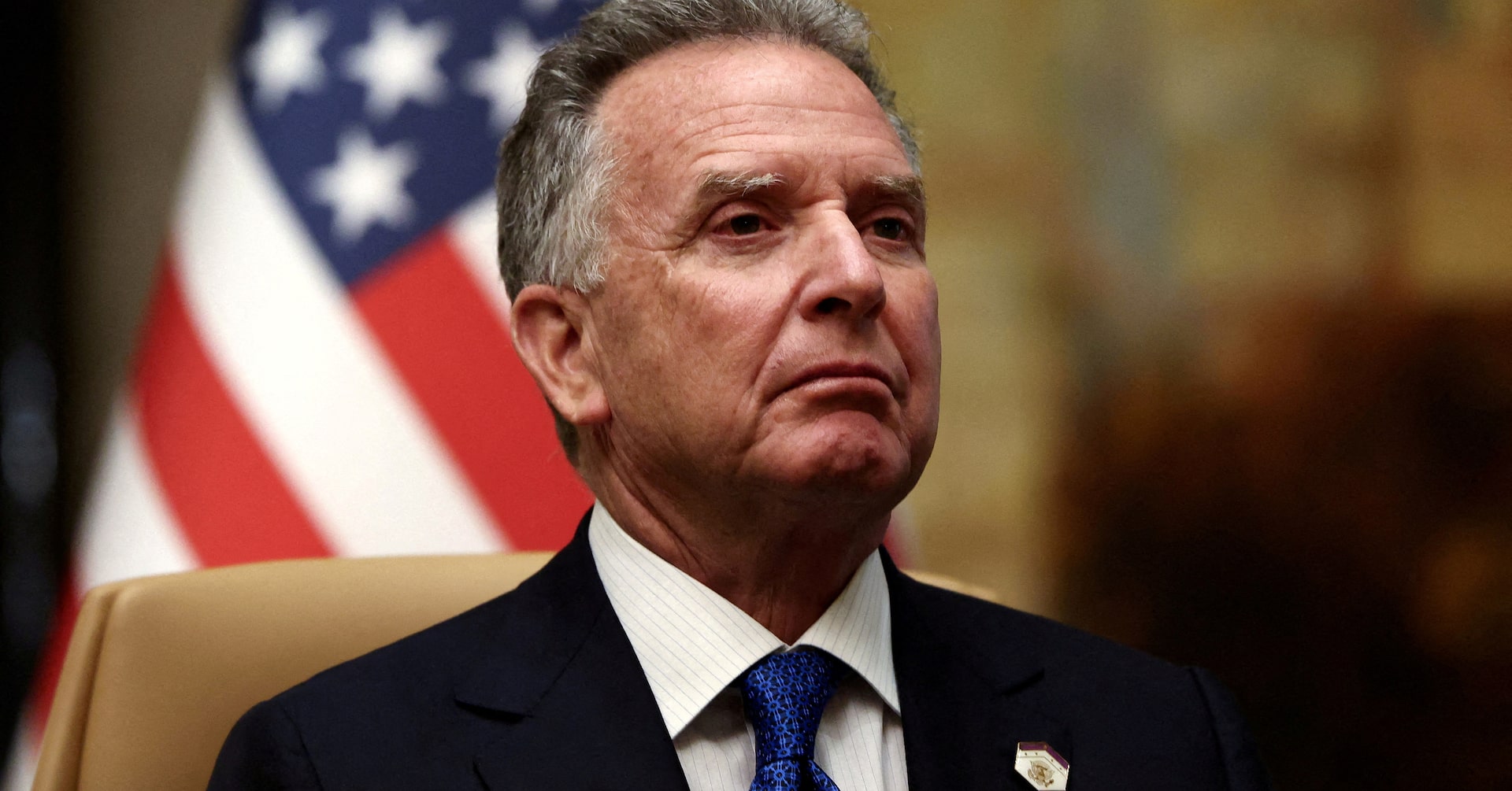US Diplomacy Signals: Business Doors to Russia Could Reopen Under Peace Breakthrough

In a recent statement, President Donald Trump's special envoy Steve Witkoff hinted at potential economic opportunities for U.S. businesses in Russia, contingent upon a successful peace agreement ending the ongoing Russia-Ukraine conflict. Witkoff suggested that American companies could explore new business prospects if diplomatic negotiations lead to a resolution of the current hostilities.
The envoy's remarks signal a potential shift in economic relations, indicating that a peaceful settlement might open doors for U.S. firms to re-engage with the Russian market. This perspective offers a glimpse of hope for economic normalization and potential collaboration in the aftermath of the prolonged military confrontation.
While details remain speculative, Witkoff's comments underscore the complex interplay between geopolitical diplomacy and economic opportunities, suggesting that a peaceful resolution could pave the way for renewed economic interactions between the United States and Russia.
